Carousel
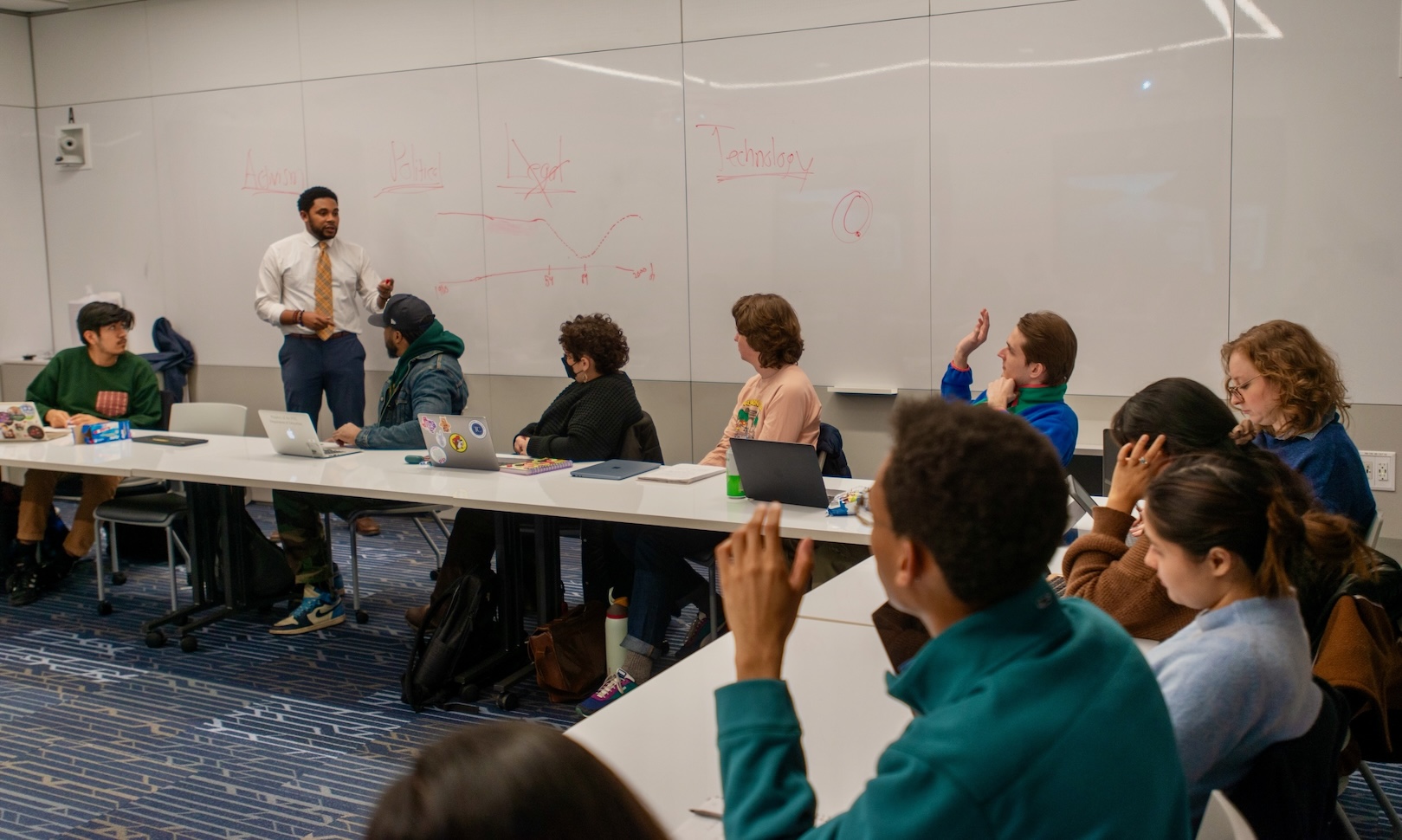
Leading the Charge for Change
Our graduates are equipped to address today’s most pressing educational challenges. Program alumni lead national school reform organizations; serve in colleges and universities; and work with local, state, and federal education agencies.
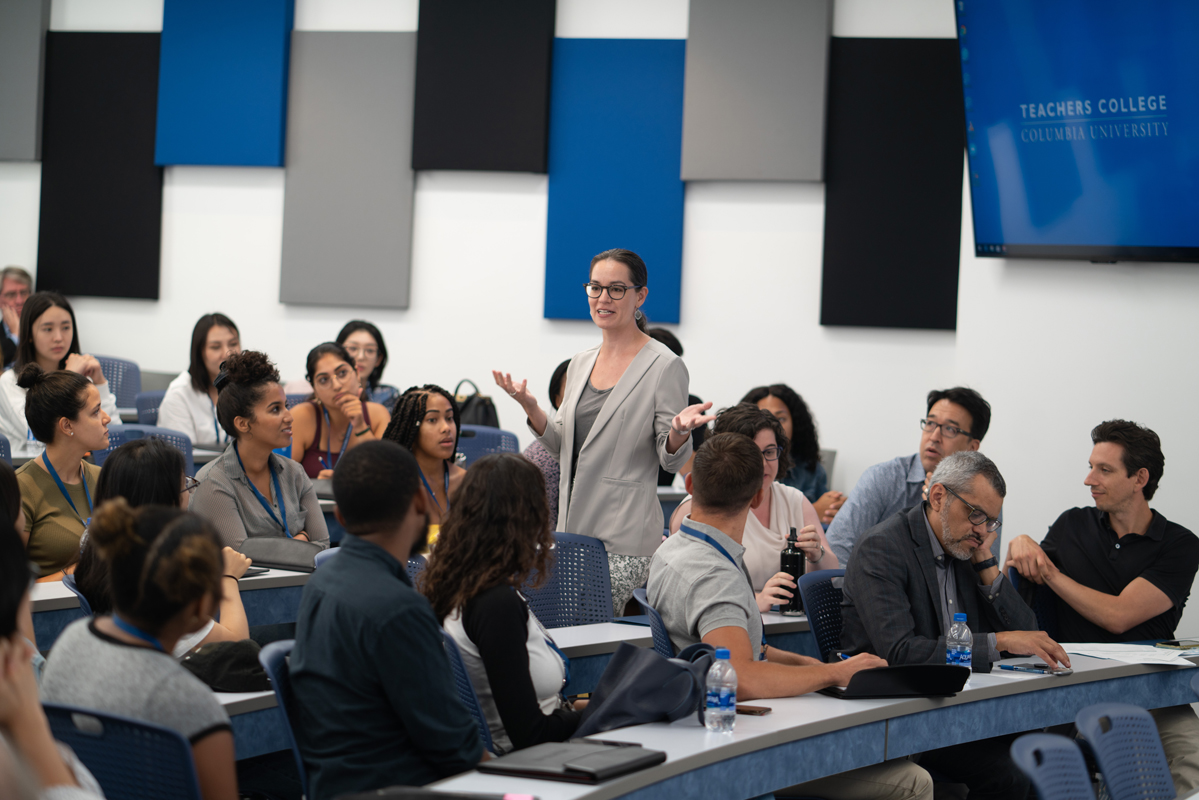
Comprehensive Insights
Examine the forces that shape our educational landscape. Our students develop a broad and multidimensional understanding of the critical issues facing education in the areas of policy, politics, econmics, and sociology.
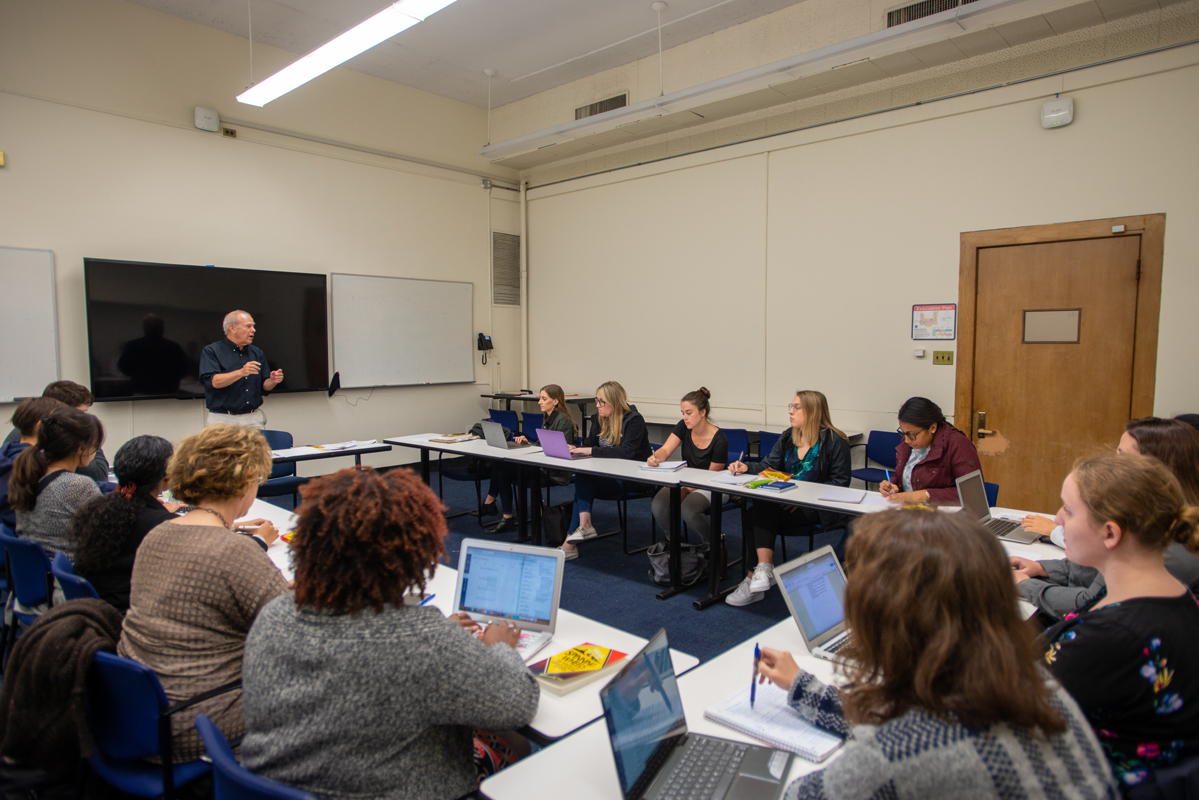
Comprehensive Insights
Examine the forces that shape our educational landscape. Our students develop a broad and multidimensional understanding of the critical issues facing education in the areas of policy, politics, econmics, and sociology.
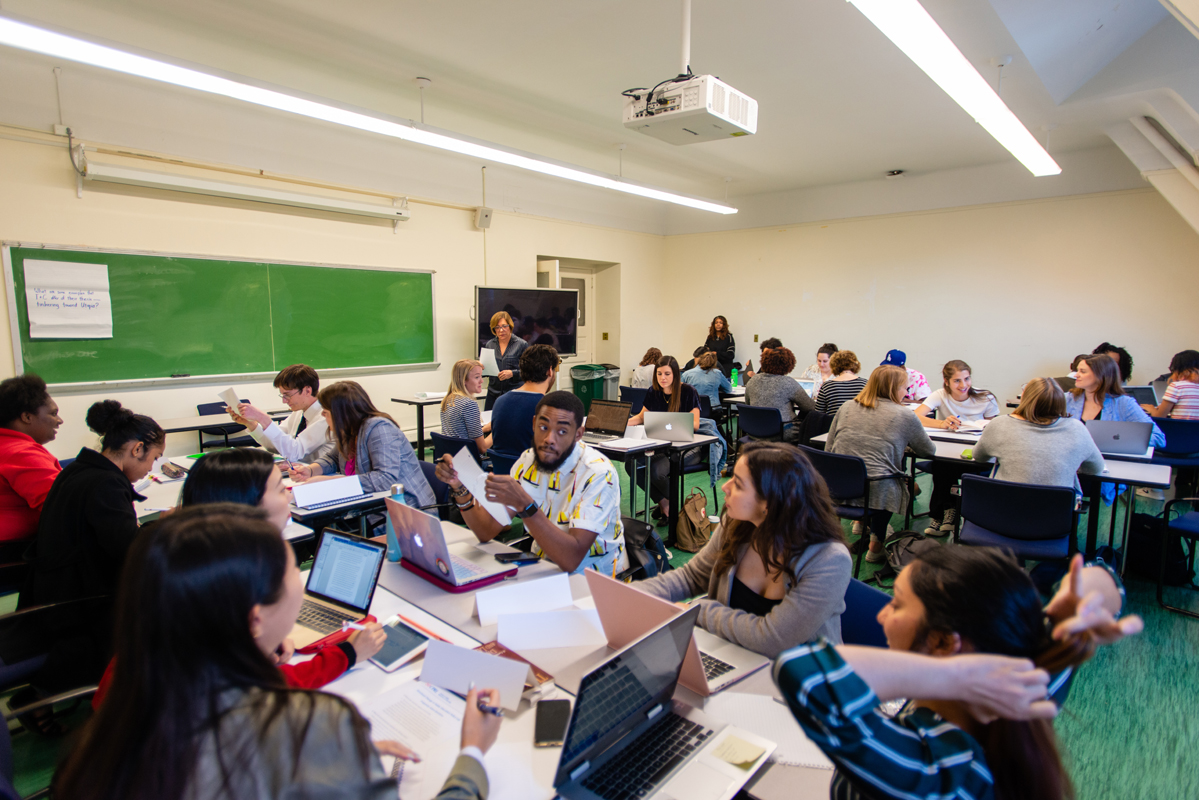
Leading the Charge for Change
Our graduates are equipped to address today’s most pressing educational challenges. Program alumni lead national school reform organizations; serve in colleges and universities; and work with local, state, and federal education agencies.
Welcome to the Department of Education Policy and Social Analysis
The Department of Education Policy and Social Analysis embraces separate and venerable programs in Economics and Education, Politics and Education, and Sociology and Education, and a notable group of legal scholars. Our programs value communication and collaboration across the disciplines and to prepare students to operate in those environments. In addition, our Education Policy program offers an interdisciplinary degree.
Our Programs
Economics & Education
Apply economic concepts and tools to address both domestic and international issues in pre-kindergarten through post-secondary education.
Education Policy
Examine both formal and informal institutions of schooling and the political, legal, bureaucratic, organizational, economic, and social factors that affect both schools and the broader educational enterprise.
History & Education
Historical understanding is essential in the quest to create just societies and a better world. We are dedicated to creating such understanding through disciplined inquiry and the deep learning that comes with historical perspective.
Politics & Education
Study the ways in which governance institutions, political ideologies, and competing interests, both within and outside of the education community, influence the content, form, and functioning of schooling.
Sociology & Education
We educate aspiring researchers, policy makers, school leaders, and teachers to use sociological theories and research findings as they analyze educational problems and seek to have an impact in solving those problems.
Our Faculty in Action
Learn about EPSA from our faculty.
Professor Aaron Pallas
Aaron Pallas studies how schools sort and select students, and the consequences of schooling for adult lives. His research looks at how federal, state and local policies shape how schools work. His current research looks at teacher accountability systems, and how teachers experience and make sense of efforts to hold them accountable for how they teach and what students learn.
Professor Sarah Cohodes
Prof. Sarah Cohodes discusses her research helping 8th graders navigate the school choice process in New York City. More information about this research project is available here.
Professor Jeff Henig
As a political scientist, Jeff Henig is interested in the ways that governance institutions, interest group competition, electoral politics, and ideological perspectives shape, constrain, and enable schools and school systems. In this video, he reflects on how his own notions have evolved since moving to Teachers College in 2002.
Professor Alex Eble
Alex Eble studies how early exposure to various messages, such as those coming from gender bias, can reduce human capital investment and harm individuals’ later life outcomes. He also works to identify, evaluate, and study the scalability of potentially high-leverage policy options to raise learning levels in the developing world.
Professor Michael Rebell
My work focuses on research, advocacy and teaching about how to reform educational institutions to promote equity -- and on bringing active litigations to bring about these changes. Students find it stimulating to see the ideas we discuss in class included in actual cases that are seeking to effectuate real educational reform.
Professor Judy Scott Clayton
My research uses quantitative methods to address urgent questions in higher education policy. My interests include financial aid policy, college remediation, racial disparities in student loans, and the returns to college persistence and completion. What keeps me motivated is knowing that the work that I do can actually change policy - so I focus on answering important questions with the best data and methods available, and communicating findings as clearly as possible.
Our Stories
Our Faculty
Carousel
Luis Huerta is an Associate Professor of Education and Public Policy at Teachers College-Columbia University and holds a Ph.D. from the University of California, Berkeley. He teaches courses in policy analysis and implementation, school finance and sociology. His research and scholarship focus on school choice reforms and school finance policy. His research on school choice reforms examines policies that advance both decentralized and market models of schooling—including charter schools, home schools, tuition tax credits and vouchers. He has analyzed how these school choice reforms are interpreted by the communities they serve, their effect on equity and the democratic goals of schooling, the role of the government in promoting school reforms that devolve public authority to local actors, and whether these new reforms have introduced more effective and efficient forms of schooling. His research also examines school finance policy and research, with a specific focus on how legal and legislative battles over finance equity in schools and the research which has analyzed the effects of resources on student achievement, have consistently overlooked how resources are used within schools. His research applies theory grounded in sociology and economics together with policy analysis frameworks, and aims to discover how these school reforms affect equity and quality in schools.
Prior to joining the Teachers College faculty in 2002, he served as a research associate and coordinator for K-12 education policy research, for Policy Analysis for California Education (PACE). He also served as a California public school teacher for six years. He is a contributing author to the book, Inside Charter Schools: The Paradox of Radical Decentralization (Harvard University Press, 2000). He is also the author of recent articles on school choice and school finance published in Educational Policy, Journal of Education Finance, Teachers College Record, Peabody Journal of Education, Journal of Education Policy, and Phi Delta Kappan. In addition, he recently served as an expert witness on school finance policy in the Williams et al. v. State of California case, and as an expert consultant on the Campaign for Fiscal Equity (CFE) v. State of New York State case. Lastly, he is currently a co-editor of Educational Evaluation and Policy Analysis.
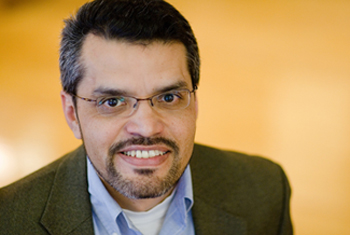
Luis Huerta is an Associate Professor of Education and Public Policy at Teachers College-Columbia University and holds a Ph.D. from the University of California, Berkeley. He teaches courses in policy analysis and implementation, school finance and sociology. His research and scholarship focus on school choice reforms and school finance policy. His research on school choice reforms examines policies that advance both decentralized and market models of schooling—including charter schools, home schools, tuition tax credits and vouchers. He has analyzed how these school choice reforms are interpreted by the communities they serve, their effect on equity and the democratic goals of schooling, the role of the government in promoting school reforms that devolve public authority to local actors, and whether these new reforms have introduced more effective and efficient forms of schooling. His research also examines school finance policy and research, with a specific focus on how legal and legislative battles over finance equity in schools and the research which has analyzed the effects of resources on student achievement, have consistently overlooked how resources are used within schools. His research applies theory grounded in sociology and economics together with policy analysis frameworks, and aims to discover how these school reforms affect equity and quality in schools.
Prior to joining the Teachers College faculty in 2002, he served as a research associate and coordinator for K-12 education policy research, for Policy Analysis for California Education (PACE). He also served as a California public school teacher for six years. He is a contributing author to the book, Inside Charter Schools: The Paradox of Radical Decentralization (Harvard University Press, 2000). He is also the author of recent articles on school choice and school finance published in Educational Policy, Journal of Education Finance, Teachers College Record, Peabody Journal of Education, Journal of Education Policy, and Phi Delta Kappan. In addition, he recently served as an expert witness on school finance policy in the Williams et al. v. State of California case, and as an expert consultant on the Campaign for Fiscal Equity (CFE) v. State of New York State case. Lastly, he is currently a co-editor of Educational Evaluation and Policy Analysis.
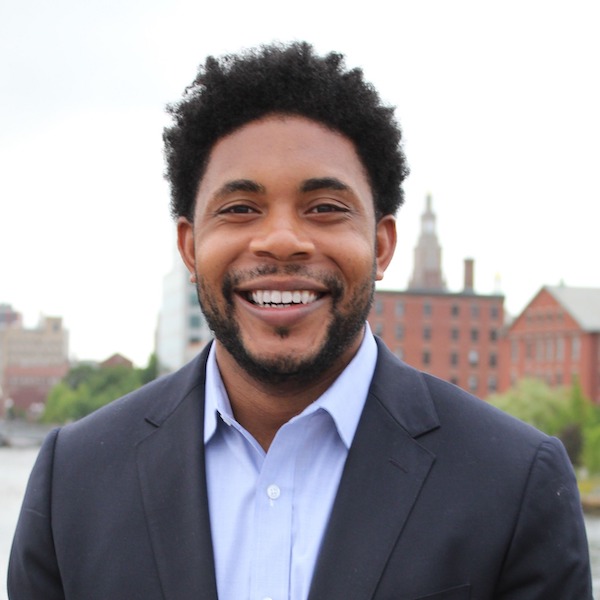
Alex Eble is an Assistant Professor of Economics and Education at Teachers College, Columbia University. He holds a PhD in Economics from Brown University and an MSc in Development Studies from the London School of Economics and Political Science. His research studies the economics of education in the developing world with a focus on understanding education policy choices that have the potential for great leverage in improving education levels and welfare in different contexts. He is currently involved in projects studying higher education systems in China, private schooling in India, and supplementary primary education in The Gambia. Prior to starting his PhD, he spent several years living and working in development aid and research in China, India, and the UK. He speaks, reads, and writes Mandarin Chinese and Spanish and speaks some Hindi.
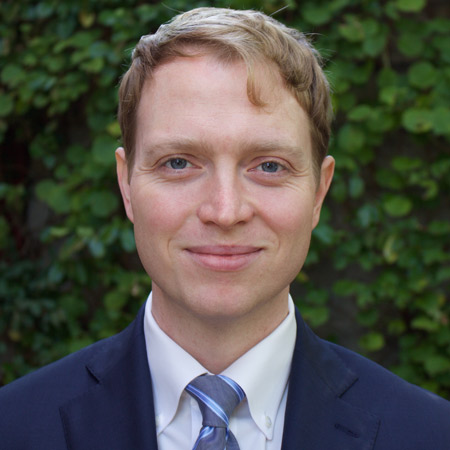
Alex Eble is an Assistant Professor of Economics and Education at Teachers College, Columbia University. He holds a PhD in Economics from Brown University and an MSc in Development Studies from the London School of Economics and Political Science. His research studies the economics of education in the developing world with a focus on understanding education policy choices that have the potential for great leverage in improving education levels and welfare in different contexts. He is currently involved in projects studying higher education systems in China, private schooling in India, and supplementary primary education in The Gambia. Prior to starting his PhD, he spent several years living and working in development aid and research in China, India, and the UK. He speaks, reads, and writes Mandarin Chinese and Spanish and speaks some Hindi.
Ansley T. Erickson is a U.S. historian who focuses on educational inequality, segregation, and the interactions between schooling, urban and metropolitan space, racism, and capitalism. Her first book, Making the Unequal Metropolis: School Desegregation and Its Limits was published by the University of Chicago Press in 2016 and won the History of Education Society’s Outstanding Book Award. Her work has been supported by fellowships and grants from the National Academy of Education/Spencer Foundation, the Eisenhower Institute, the Schomburg Center for Research in Black Culture of the New York Public Library, the National Endowment for the Humanities, and Humanities NY. Beginning in 2020, Erickson serves as an associate editor of the American Educational Research Journal. In addition to several academic journals, her writing has appeared in the Washington Post, Dissent magazine, Chalkbeat, The Tennessean, and The Nashville Scene.
Erickson co-directs the Harlem Education History Project (HEHP) with Ernest Morrell, Coyle Professor of Literacy Education at the University of Notre Dame. HEHP supports a digital history project and collaborations with local schools. The project produced an edited volume, Educating Harlem: A Century of Schooling and Resistance in a Black Community, published by Columbia University Press in 2019 and available in an open-access digital edition.
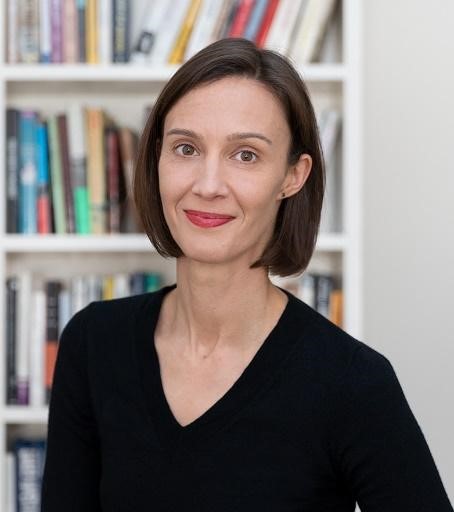
Ansley T. Erickson is a U.S. historian who focuses on educational inequality, segregation, and the interactions between schooling, urban and metropolitan space, racism, and capitalism. Her first book, Making the Unequal Metropolis: School Desegregation and Its Limits was published by the University of Chicago Press in 2016 and won the History of Education Society’s Outstanding Book Award. Her work has been supported by fellowships and grants from the National Academy of Education/Spencer Foundation, the Eisenhower Institute, the Schomburg Center for Research in Black Culture of the New York Public Library, the National Endowment for the Humanities, and Humanities NY. Beginning in 2020, Erickson serves as an associate editor of the American Educational Research Journal. In addition to several academic journals, her writing has appeared in the Washington Post, Dissent magazine, Chalkbeat, The Tennessean, and The Nashville Scene.
Erickson co-directs the Harlem Education History Project (HEHP) with Ernest Morrell, Coyle Professor of Literacy Education at the University of Notre Dame. HEHP supports a digital history project and collaborations with local schools. The project produced an edited volume, Educating Harlem: A Century of Schooling and Resistance in a Black Community, published by Columbia University Press in 2019 and available in an open-access digital edition.
His most recent book, co-authored with Rebecca Jacobsen and Sarah Reckhow, is Outside Money in School Board Elections: The Nationalization of Education Politics (2019).
Jeffrey R. Henig is Professor of Political Science and Education at Teachers College and Professor of Political Science at Columbia University. He has been elected a fellow of the American Educational Research Association and a member of the National Academy of Education. Henig is the author, coauthor, or co-editor of eleven books, including The Color of School Reform: Race, Politics and the Challenge of Urban Education and Building Civic Capacity: The Politics of Reforming Urban Schools both of which were named--in 1999 and 2001, respectively--the best book written on urban politics by the Urban Politics Section of the American Political Science Association. His 2008 book on the politics of research--Spin Cycle: How Research Gets Used in Policy Debates: The Case of Charter School--won the American Educational Research Association’s Outstanding Book Award. His most recent book, co-authored with Rebecca Jacobsen and Sarah Reckhow, is Outside Money in School Board Elections: The Nationalization of Education Politics (2019).
Professor Henig’s scholarly work on urban politics, racial politics, privatization, and school reform has appeared in such varied journals as American Journal of Education, Educational Evaluation and Policy Analysis, Journal of Urban Affairs, Policy Sciences, Policy Studies Review, Political Research Quarterly, Political Science Quarterly, Social Science Quarterly, Urban Affairs Review. His writing on contemporary policy issues aimed at more general audiences have appeared in Education Week, The Chronicle of Higher Education, Boston Globe; LA Times, Washington Post, The New York Times, and as guest posts on prominent education policy blogs.
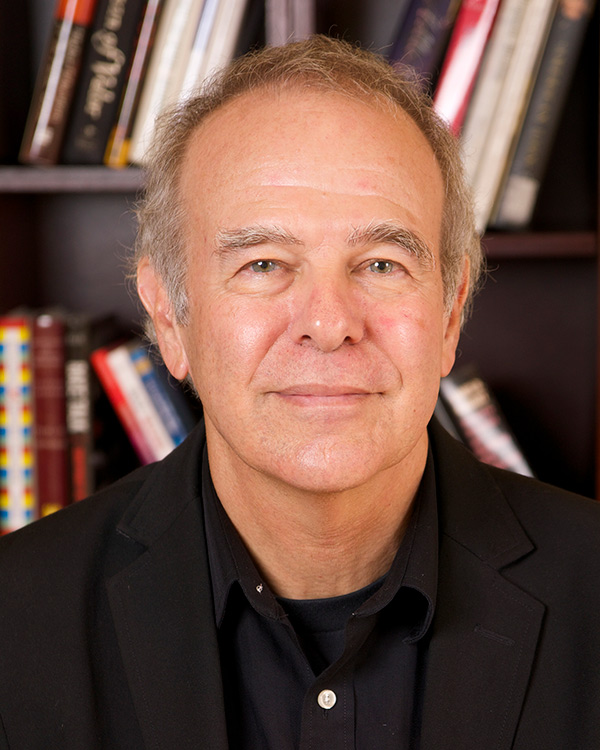
His most recent book, co-authored with Rebecca Jacobsen and Sarah Reckhow, is Outside Money in School Board Elections: The Nationalization of Education Politics (2019).
Jeffrey R. Henig is Professor of Political Science and Education at Teachers College and Professor of Political Science at Columbia University. He has been elected a fellow of the American Educational Research Association and a member of the National Academy of Education. Henig is the author, coauthor, or co-editor of eleven books, including The Color of School Reform: Race, Politics and the Challenge of Urban Education and Building Civic Capacity: The Politics of Reforming Urban Schools both of which were named--in 1999 and 2001, respectively--the best book written on urban politics by the Urban Politics Section of the American Political Science Association. His 2008 book on the politics of research--Spin Cycle: How Research Gets Used in Policy Debates: The Case of Charter School--won the American Educational Research Association’s Outstanding Book Award. His most recent book, co-authored with Rebecca Jacobsen and Sarah Reckhow, is Outside Money in School Board Elections: The Nationalization of Education Politics (2019).
Professor Henig’s scholarly work on urban politics, racial politics, privatization, and school reform has appeared in such varied journals as American Journal of Education, Educational Evaluation and Policy Analysis, Journal of Urban Affairs, Policy Sciences, Policy Studies Review, Political Research Quarterly, Political Science Quarterly, Social Science Quarterly, Urban Affairs Review. His writing on contemporary policy issues aimed at more general audiences have appeared in Education Week, The Chronicle of Higher Education, Boston Globe; LA Times, Washington Post, The New York Times, and as guest posts on prominent education policy blogs.

Sharon Lynn Kagan is the Virginia and Leonard Marx Professor of Early Childhood and Family Policy and Co-Director of the National Center for Children and Families at Teachers College, Columbia University and Professor Adjunct at Yale University's Child Study Center. Scholar, pioneer, leader, and advocate, Dr. Kagan has helped shape early childhood practice and policies in the United States and in countries throughout the world. Author of 225 articles and 13 books, Kagan's research focuses on the institutions that impact child and family life. She consults with numerous international, federal and state agencies, congress, governors, and legislatures, is a member of 40 national boards and panels, and is a Past President of the National Association for the Education of Young Children and Family Support America. She is currently working around the globe with UNICEF to establish early learning standards in Armenia, Brazil, Cambodia, China, Ghana, Jordan, Mongolia, Paraguay, Turkmenistan, and Viet Nam. She was made a Fellow of the American Educational Research Association (AERA) in 2010 and is the only woman in the history of American Education to receive its three most prestigious awards: the 2004 Distinguished Service Award from the Council of Chief State School Officers (CCSSO), the 2005 James Bryant Conant Award for Lifetime Service to Education from the Education Commission of the States (ECS), and the Harold W. McGraw, Jr. Prize in Education.
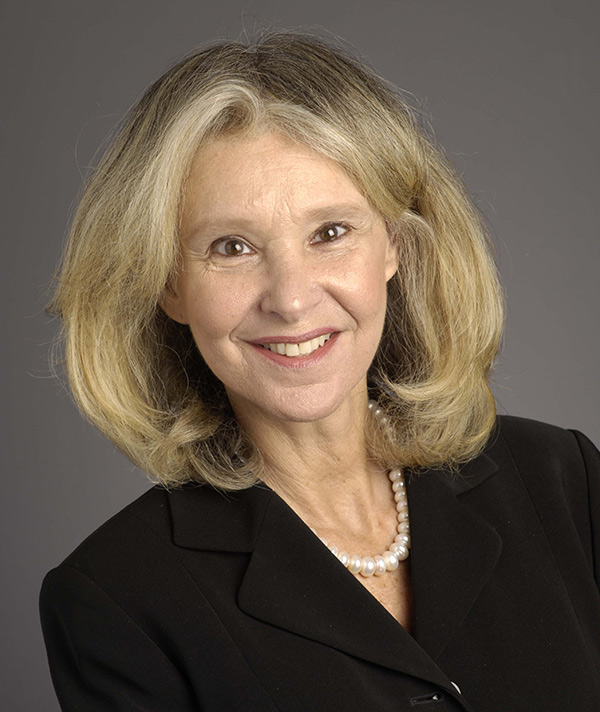
Sharon Lynn Kagan is the Virginia and Leonard Marx Professor of Early Childhood and Family Policy and Co-Director of the National Center for Children and Families at Teachers College, Columbia University and Professor Adjunct at Yale University's Child Study Center. Scholar, pioneer, leader, and advocate, Dr. Kagan has helped shape early childhood practice and policies in the United States and in countries throughout the world. Author of 225 articles and 13 books, Kagan's research focuses on the institutions that impact child and family life. She consults with numerous international, federal and state agencies, congress, governors, and legislatures, is a member of 40 national boards and panels, and is a Past President of the National Association for the Education of Young Children and Family Support America. She is currently working around the globe with UNICEF to establish early learning standards in Armenia, Brazil, Cambodia, China, Ghana, Jordan, Mongolia, Paraguay, Turkmenistan, and Viet Nam. She was made a Fellow of the American Educational Research Association (AERA) in 2010 and is the only woman in the history of American Education to receive its three most prestigious awards: the 2004 Distinguished Service Award from the Council of Chief State School Officers (CCSSO), the 2005 James Bryant Conant Award for Lifetime Service to Education from the Education Commission of the States (ECS), and the Harold W. McGraw, Jr. Prize in Education.
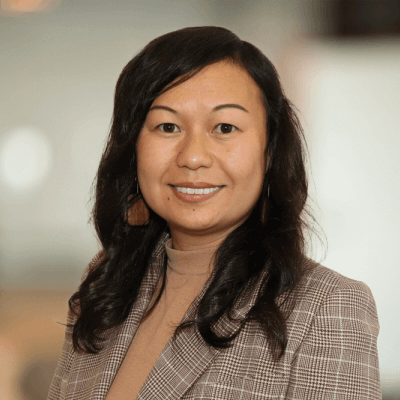

Aaron Pallas is Professor of Sociology and Education at Teachers College, Columbia University. He has also taught at Johns Hopkins University, Michigan State University, and Northwestern University, and served as a statistician at the National Center for Education Statistics in the U.S. Department of Education. Professor Pallas has devoted the bulk of his career to the study of how schools sort students, especially the relationship between school organization and sorting processes and the linkages among schooling, learning and the human life course. He is a Fellow of the American Educational Research Association and an elected member of the Sociological Research Association. His most recent projects are explicitly designed to inform policymakers and other stakeholders about conditions in New York City public schools. His most recent book is Convergent Teaching: Tools to Spark Deeper Learning in College (Johns Hopkins Press, 2019).

Aaron Pallas is Professor of Sociology and Education at Teachers College, Columbia University. He has also taught at Johns Hopkins University, Michigan State University, and Northwestern University, and served as a statistician at the National Center for Education Statistics in the U.S. Department of Education. Professor Pallas has devoted the bulk of his career to the study of how schools sort students, especially the relationship between school organization and sorting processes and the linkages among schooling, learning and the human life course. He is a Fellow of the American Educational Research Association and an elected member of the Sociological Research Association. His most recent projects are explicitly designed to inform policymakers and other stakeholders about conditions in New York City public schools. His most recent book is Convergent Teaching: Tools to Spark Deeper Learning in College (Johns Hopkins Press, 2019).
Douglas Ready is an Associate Professor of Education and Public Policy, and the Director of the Consortium for Policy Research in Education (TC/CPRE), at Teachers College, Columbia University. His research explores the links between education policy, social policy, and educational equity, with a particular focus on how contemporary policies moderate or exacerbate socio-demographic disparities in cognitive development. Representative work has appeared in Educational Evaluation and Policy Analysis, Educational Policy, Sociology of Education, American Educational Research Journal, American Journal of Education, Teachers College Record, Research in Higher Education, Early Childhood Research Quarterly, Early Education and Development, as well as in books and edited volumes published by the Brookings Institution, Teachers College Press, and the American Educational Research Association. He currently serves on the Editorial Boards of Educational Evaluation and Policy Analysis and American Educational Research Journal.

Douglas Ready is an Associate Professor of Education and Public Policy, and the Director of the Consortium for Policy Research in Education (TC/CPRE), at Teachers College, Columbia University. His research explores the links between education policy, social policy, and educational equity, with a particular focus on how contemporary policies moderate or exacerbate socio-demographic disparities in cognitive development. Representative work has appeared in Educational Evaluation and Policy Analysis, Educational Policy, Sociology of Education, American Educational Research Journal, American Journal of Education, Teachers College Record, Research in Higher Education, Early Childhood Research Quarterly, Early Education and Development, as well as in books and edited volumes published by the Brookings Institution, Teachers College Press, and the American Educational Research Association. He currently serves on the Editorial Boards of Educational Evaluation and Policy Analysis and American Educational Research Journal.
Michael A. Rebell is an experienced litigator, administrator, researcher, and scholar in the field of education law. He is the executive director of the Center for Educational Equity at Teachers College, Columbia University. Previously, Prof. Rebell was the co-founder, executive director and counsel for the Campaign for Fiscal Equity. In a series of cases known as CFE v. State of New York, the Court of Appeals, New York State’s highest court, declared that all children in New York State are entitled under the state Constitution to the “opportunity for a sound basic education” and it ordered the State of New York to reform its education finance system to meet these constitutional requirements. Prof. Rebell has also litigated numerous major class action lawsuits, including Jose P. v. Mills, which involved a plaintiff class of 160,000 students with disabilities. He also served as a court-appointed special master in the Boston special education case, Allen v. Parks.
Currently, Prof. Rebell is lead counsel for plaintiffs in a major federal litigation, Cook v. Raimondo (D.R.I.) that is seeking to establish a right under the U.S. Constitution for students in Rhode Island and throughout the country to an education adequate to prepare them to function productively as capable citizens. He is also Chair of the New York Regents Task Force on Civic Readiness
Prof. Rebell is the author or co-author of six books, and dozens of articles on issues of law and education. Among his most recent works are Flunking Democracy: Schools, Courts and Civic Participation (U. of Chicago Press, 2018); Courts and Kids: Pursuing Education Equity Through the State Courts, (U. Chicago Press, 2009), and 2019 Supplement; Moving Every Child Ahead: From NCLB to Meaningful Educational Opportunity (Teachers College Press, 2008) (with Jessica R. Wolff), and The Right to Comprehensive Educational Opportunity, 47 Harvard Civil Rts-Civil Lib. L. Rev. 49 (2012),
In addition to his research and litigation activities, Mr. Rebell is a frequent lecturer and consultant on education law. He is currently an adjunct Professor of Law at Columbia Law School and previously was a Visiting Professor at Harvard Law School, and a Visiting Lecturer at the Yale Law School.
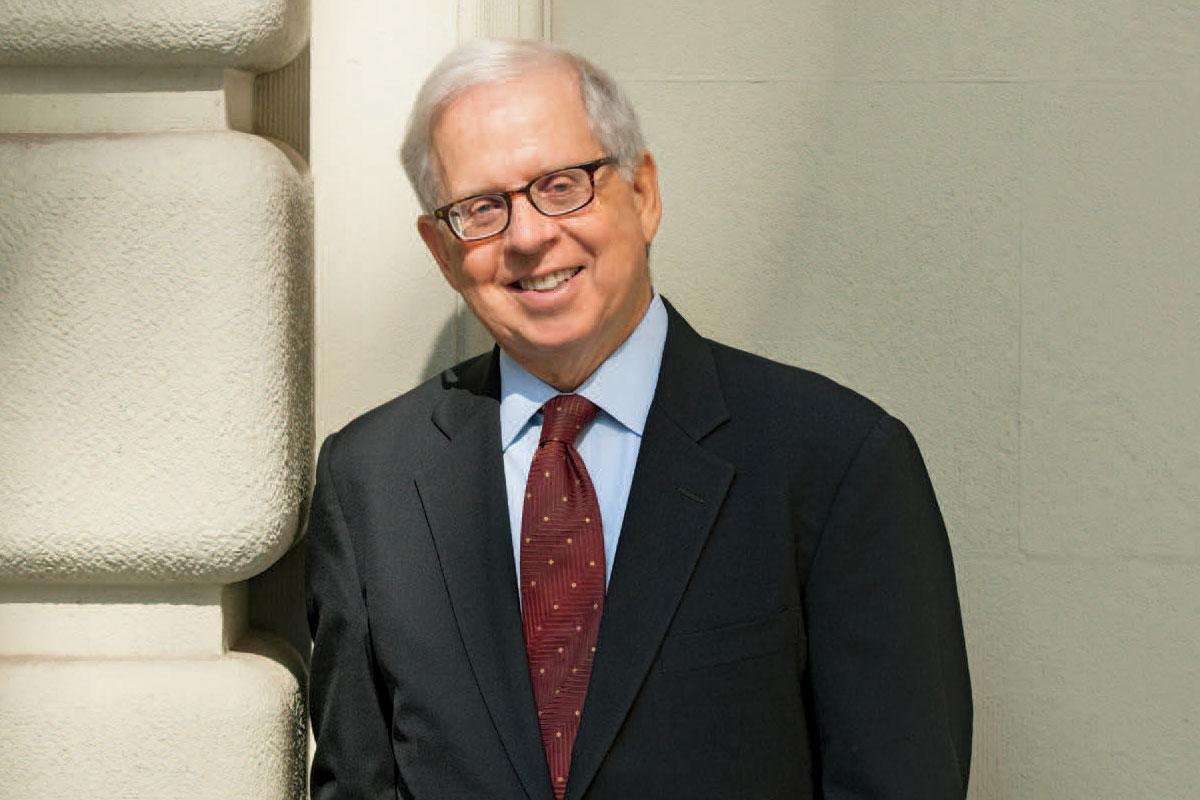
Michael A. Rebell is an experienced litigator, administrator, researcher, and scholar in the field of education law. He is the executive director of the Center for Educational Equity at Teachers College, Columbia University. Previously, Prof. Rebell was the co-founder, executive director and counsel for the Campaign for Fiscal Equity. In a series of cases known as CFE v. State of New York, the Court of Appeals, New York State’s highest court, declared that all children in New York State are entitled under the state Constitution to the “opportunity for a sound basic education” and it ordered the State of New York to reform its education finance system to meet these constitutional requirements. Prof. Rebell has also litigated numerous major class action lawsuits, including Jose P. v. Mills, which involved a plaintiff class of 160,000 students with disabilities. He also served as a court-appointed special master in the Boston special education case, Allen v. Parks.
Currently, Prof. Rebell is lead counsel for plaintiffs in a major federal litigation, Cook v. Raimondo (D.R.I.) that is seeking to establish a right under the U.S. Constitution for students in Rhode Island and throughout the country to an education adequate to prepare them to function productively as capable citizens. He is also Chair of the New York Regents Task Force on Civic Readiness
Prof. Rebell is the author or co-author of six books, and dozens of articles on issues of law and education. Among his most recent works are Flunking Democracy: Schools, Courts and Civic Participation (U. of Chicago Press, 2018); Courts and Kids: Pursuing Education Equity Through the State Courts, (U. Chicago Press, 2009), and 2019 Supplement; Moving Every Child Ahead: From NCLB to Meaningful Educational Opportunity (Teachers College Press, 2008) (with Jessica R. Wolff), and The Right to Comprehensive Educational Opportunity, 47 Harvard Civil Rts-Civil Lib. L. Rev. 49 (2012),
In addition to his research and litigation activities, Mr. Rebell is a frequent lecturer and consultant on education law. He is currently an adjunct Professor of Law at Columbia Law School and previously was a Visiting Professor at Harvard Law School, and a Visiting Lecturer at the Yale Law School.
Carolyn Riehl is an Associate Professor of Sociology and Education Policy. She focuses her scholarship on organizational dynamics in education, exploring how factors such as leadership and collaboration, structural innovations and cultural change, race and gender interactions, and public engagement can be mobilized to benefit teachers and learners, especially in settings where adults traditionally have had poor working conditions and students have been marginalized and ill-served. Her work reflects a broad concern for how practice, research, theory, and policy can inform each other to support both careful analysis and pragmatic improvement. She has published articles and chapters in American Educational Research Journal, Sociology of Education, Educational Researcher, and other journals and books, and she was the co-editor of A New Agenda for Research in Educational Leadership.
Prof. Riehl has been a high-school English teacher, and has held faculty appointments at the University of Michigan, Eastern Michigan University, and the University of North Carolina at Greensboro. She serves as a faculty mentor in the Cahn Fellows Program at Teachers College, a professional development program for exemplary principals from New York and other cities across the country. Her recent research projects include a field study of teachers’ instructional planning and use of student performance data in elementary schools (funded by the Spencer Foundation) and a study of civic collaborations for education reform, sometimes known as “collective impact” initiatives (funded by The Wallace Foundation).

Carolyn Riehl is an Associate Professor of Sociology and Education Policy. She focuses her scholarship on organizational dynamics in education, exploring how factors such as leadership and collaboration, structural innovations and cultural change, race and gender interactions, and public engagement can be mobilized to benefit teachers and learners, especially in settings where adults traditionally have had poor working conditions and students have been marginalized and ill-served. Her work reflects a broad concern for how practice, research, theory, and policy can inform each other to support both careful analysis and pragmatic improvement. She has published articles and chapters in American Educational Research Journal, Sociology of Education, Educational Researcher, and other journals and books, and she was the co-editor of A New Agenda for Research in Educational Leadership.
Prof. Riehl has been a high-school English teacher, and has held faculty appointments at the University of Michigan, Eastern Michigan University, and the University of North Carolina at Greensboro. She serves as a faculty mentor in the Cahn Fellows Program at Teachers College, a professional development program for exemplary principals from New York and other cities across the country. Her recent research projects include a field study of teachers’ instructional planning and use of student performance data in elementary schools (funded by the Spencer Foundation) and a study of civic collaborations for education reform, sometimes known as “collective impact” initiatives (funded by The Wallace Foundation).
Judith Scott-Clayton is an Associate Professor of Economics and Education at Teachers College, Columbia University, in the Department of Education Policy and Social Analysis (EPSA), where she directs the Economics & Education Program and teaches courses on the economics of education, labor economics and causal inference. She is also a Faculty Research Associate of the National Bureau of Economic Research, and a Senior Research Scholar at the Community College Research Center (CCRC). Scott-Clayton’s research lies at the intersection of labor economics and higher education policy, with a particular focus on financial aid, community colleges, and the outcomes of students after college, including labor market trajectories and patterns of student loan default. Scott-Clayton’s work crosses disciplinary boundaries and has been published in economics, education, and policy journals including the Journal of Public Economics, Journal of Human Resources, Educational Evaluation and Policy Analysis, Education Finance and Policy, and Economics of Education Review. Her work has been covered by national media including the New York Times, the Los Angeles Times, PBS, NPR, and CNN. She has written for the Brookings Institution's Evidence Speaks series, as well as for the New York Times’ Economix and Upshot blogs. Scott-Clayton actively participates in higher education policy discussions at the state and federal level, including testifying three times to the U.S. Senate as an expert on financial aid research and policy. Scott-Clayton holds a B.A. from Wellesley College and a Ph.D. in Public Policy from Harvard University.
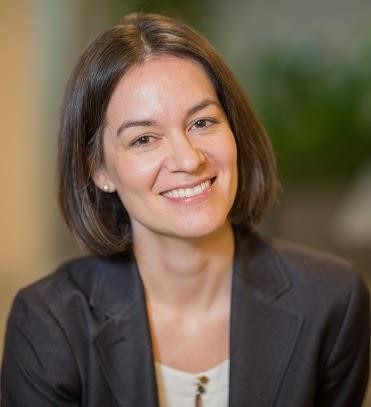
Judith Scott-Clayton is an Associate Professor of Economics and Education at Teachers College, Columbia University, in the Department of Education Policy and Social Analysis (EPSA), where she directs the Economics & Education Program and teaches courses on the economics of education, labor economics and causal inference. She is also a Faculty Research Associate of the National Bureau of Economic Research, and a Senior Research Scholar at the Community College Research Center (CCRC). Scott-Clayton’s research lies at the intersection of labor economics and higher education policy, with a particular focus on financial aid, community colleges, and the outcomes of students after college, including labor market trajectories and patterns of student loan default. Scott-Clayton’s work crosses disciplinary boundaries and has been published in economics, education, and policy journals including the Journal of Public Economics, Journal of Human Resources, Educational Evaluation and Policy Analysis, Education Finance and Policy, and Economics of Education Review. Her work has been covered by national media including the New York Times, the Los Angeles Times, PBS, NPR, and CNN. She has written for the Brookings Institution's Evidence Speaks series, as well as for the New York Times’ Economix and Upshot blogs. Scott-Clayton actively participates in higher education policy discussions at the state and federal level, including testifying three times to the U.S. Senate as an expert on financial aid research and policy. Scott-Clayton holds a B.A. from Wellesley College and a Ph.D. in Public Policy from Harvard University.
Carousel
Professor Ready was so adept at making data analysis and economics approachable and relatable. I began the semester extremely intimidated by the prospect of having to digest a subject I've always found confusing, but Professor Ready made it so that I finished the semester confident in my understanding of data so far, and ready to take on the next challenge in EDPA 5002. I was so surprised that a graduate-level class could be that fun, as well, but I genuinely enjoyed my time learning from Prof. Ready and the two TAs for that class and I am so glad to have the foundation in data analysis that they provided.
Classes were very well planned, down to the minute. Alex had an outstanding balance of providing new content and engaging students in group activities. Presenting the knowledge was very pedagogical, with plenty of examples very contextualized to our program. Additionally, we had regular quizzes to prepare for the lectures, so we were ready to learn optimally during the class. His rigor and demand were very well balanced. Most of us think we learned a lot.
This class was the epitome of what it means to teach a research course connected to the larger environment around this institution. Not only does the professor have some of the best pedagogy I've seen in TC, she also has an intentional and malleable approach to constructing syllabi that allowed us to be responsive to the material. Overall, I'm appreciative of the thoughtfulness and scholarship.
Prof. Collins is excellent. I was so thankful and admired his knowledge of the field, but I have rarely met a scholar so also rooted in real world, caring perspectives that I felt was SO refreshing. He made this course; his creativity and innovation here was amazing